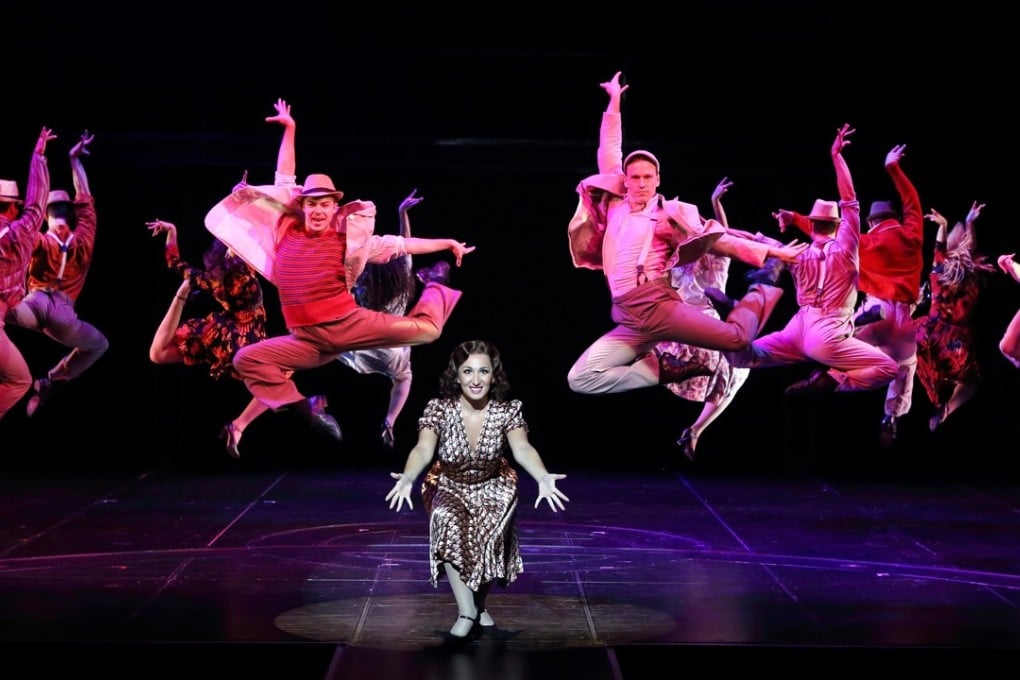Evita producer on how he brought the musical to Broadway – as the show plays Hong Kong for the first time
Hal Prince is the man behind West Side Story, Fiddler on the Roof, Cabaret and The Phantom of the Opera. He explains the difficulties of bringing Evita to the stage and how he has maintained such a legendary career

As with many artistic projects, Evita started with a challenge for Broadway producer and director Hal Prince: how to give the impression of 200,000 people standing on the stage at a funeral.
“I was spending the summers with my family in Mallorca,” the 90-year-old recalls in his office close to New York’s Rockefeller Centre, the same workplace he has occupied for 40 years. “Andrew Lloyd Webber brought the score to me as recorded by the London Symphony Orchestra [in 1976] – it was a concept album – and I thought it was really hot stuff.
‘Cats’ composer Andrew Lloyd Webber quits House of Lords, says he’s too busy for Brexit
“But it called for a couple of hundred thousand people standing in front of the Casa Rosada mourning the death of Eva Peron,” Prince continues. “I liked the music, and the lyrics were great. But I remember thinking, how do you represent 200,000 people on a stage?”
That problem was ultimately solved and Evita, which debuted in London’s West End in 1978, went on to become one of the all-time great Broadway shows when it opened in the US in 1979. The production will come to Hong Kong for the first time this month, in the original form that Prince created and directed in 1978. British actress Emma Kingston performs the title role, following in the footsteps of Elaine Paige and Patti LuPone.
Prince (born Harold Prince in 1928) is a genuine living legend in theatrical circles in the US. The director/producer, who started work as an office boy for another Broadway great, George Abbot in the late 1940s, is the creative force behind many of America’s most famous musical shows.